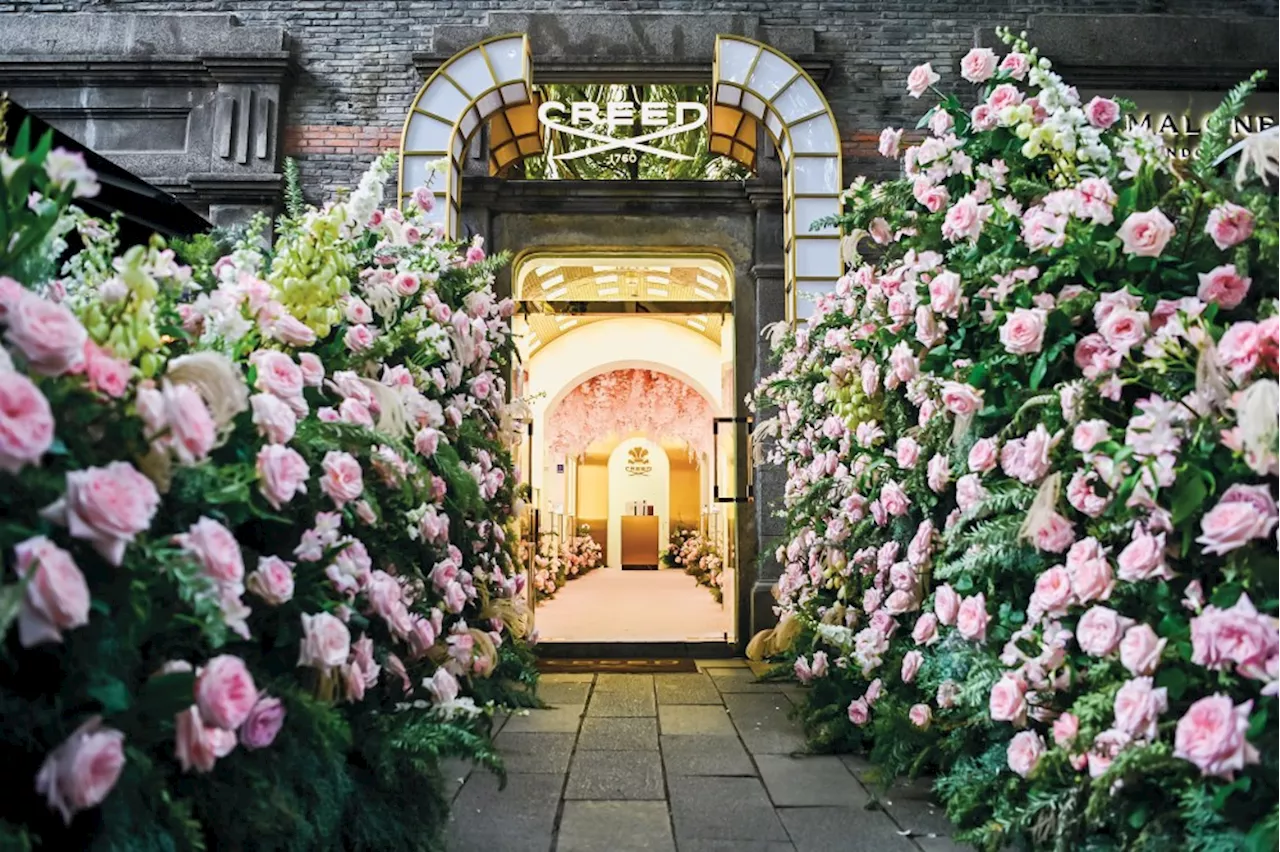The French beauty giant, L’Oréal, has entered into a significant strategic partnership with luxury goods company Kering, allowing L’Oréal exclusive rights to create, develop, and distribute fragrance and beauty products for Gucci for a period of 50 years. This agreement will take effect after the existing contract expires in 2028. Furthermore, L’Oréal will gain similar rights for Bottega Veneta and Balenciaga once the transaction concludes, anticipated in the first half of 2026.
Analysts have responded positively to the deal, with Céline Pannuti, head of European staples and beverage research at J.P. Morgan, describing it as a defining moment for L’Oréal, marking its largest acquisition to date. In her analysis, she noted, “Overall, this is a defining deal for L’Oréal – their biggest ever – to strengthen its leading position in global fragrances and in niche markets.”
Interestingly, the shift in strategy has surprised some analysts, including Thomas Chauvet from Citi, who remarked on the abrupt change from Kering’s previous focus on in-house beauty strategies that mirrored the successful path of Kering’s eyewear sector, integrated a decade ago. Industry sources have suggested that Kering may also be considering divesting its eyewear business.
Chauvet highlighted L’Oréal’s capacity for growth in beauty licenses, particularly regarding Gucci’s potential as a dominant fragrance brand. He estimated that the transaction could decrease Kering’s expected FY26 EBIT and EPS by high single-digit and mid-single-digit percentages, respectively. This development may help improve Kering’s financial leverage from approximately 2.5 times net debt and EBITDA to about 1.5 times, addressing concerns raised over the past year regarding their elevated financial leverage.
From a strategic viewpoint, Carole Madjo from Barclays emphasized that the partnership would enhance L’Oréal’s presence in the luxury segment, fostering connections between high-end fashion and beauty. Currently, L’Oréal’s Luxe division constitutes approximately 36 percent of group sales, with margins around 22 percent, while the Kering beauty assets boast margins nearing 40 percent.
This agreement may also influence L’Oréal’s broader capital allocation strategy, particularly regarding its 10 percent stake in Galderma and any potential moves to reacquire Nestlé‘s stake. L’Oréal’s existing fragrance and beauty licensing agreement with Giorgio Armani is valid until 2050, according to Madjo.
Pannuti further noted that the deal strengthens L’Oréal’s foothold in the niche fragrance market, an area where it has lagged behind competitors. She highlighted L’Oréal’s successful growth of YSL Beauty since its acquisition from Kering in 2008, expanding sales from €600 million to nearly €3 billion today. “We see strong potential for Creed and Gucci to become billionaire brands,” Pannuti added.
The timing of this transaction comes as the fragrance market is anticipated to transition into a phase of growth normalization, following a remarkable annual growth rate of 14 percent since 2021. This shift could introduce uncertainty for L’Oréal, although new brand additions like Miu Miu and Prada may provide momentum to its fragrance portfolio.
Insights from Olivier Chen, an analyst at TD Securities, highlight the impact this partnership will have on Coty, which will lose the Gucci business within three years. Chen noted that Coty must urgently develop proprietary capabilities and foster innovation to remain competitive with L’Oréal while maintaining its allure as a licensee partner. He emphasized the need for Coty to enhance its brand recognition through unique formulations or ingredients and suggested that the company might require mergers and acquisitions to bolster its brand power.
The L’Oréal-Kering partnership marks a pivotal moment in the beauty industry, with potential ramifications for market dynamics and competitive strategies among major players.





































































